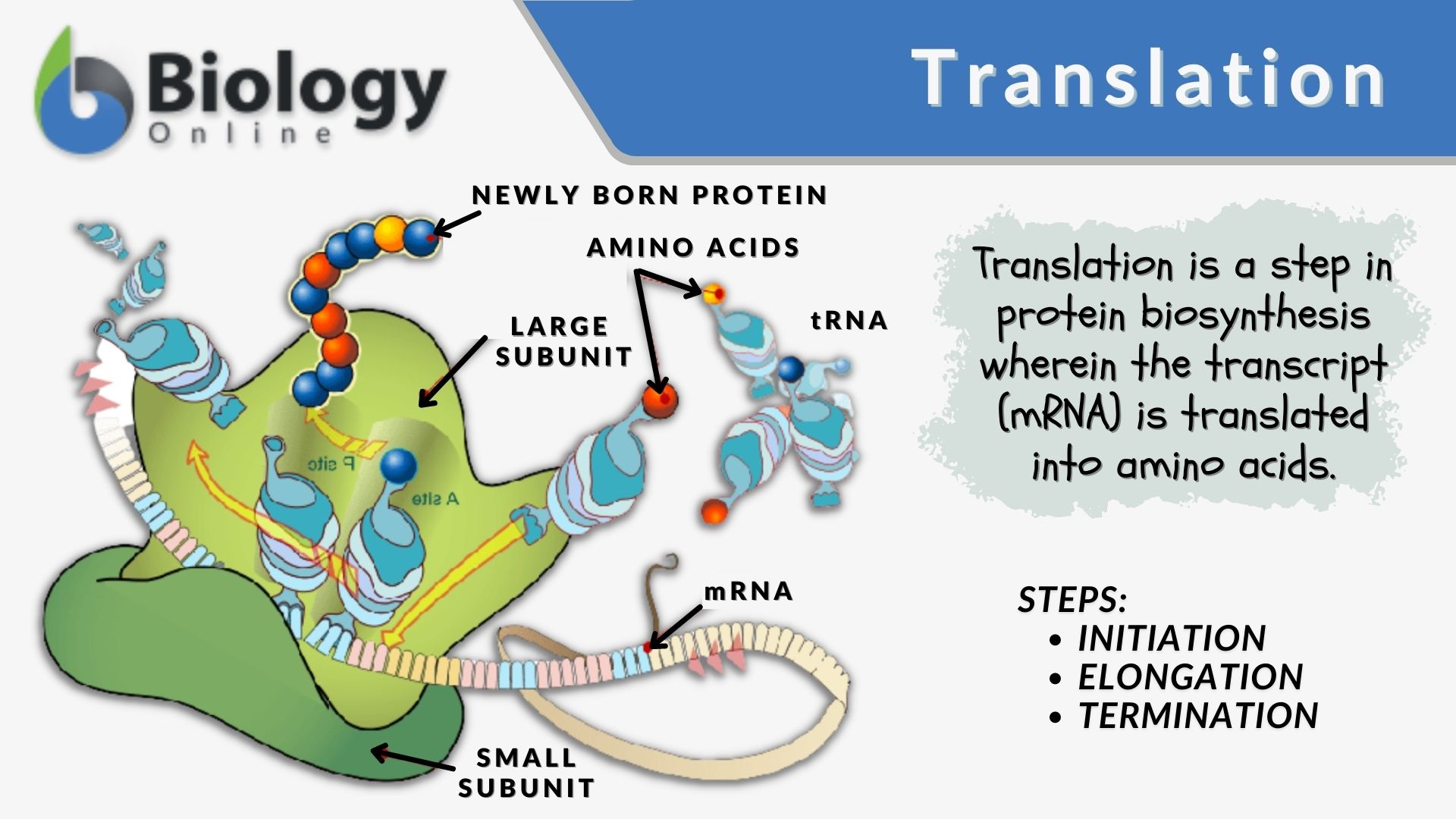
What does transliteration expression mean Definitions by the largest Idiom Dictionary. However, there are some significant distinctions. trans-la'-shun: The verb 'translate' is found once in the Old Testament (2 Samuel 3:10 the King James Version, in the sense of 'to transfer') and 3 times in the New Testament (Colossians 1:13, methistemi, where it means 'to transfer' twice in Hebrews 11:5, where it has the quasi-technical sense of removing one from the earthly to the heavenly state without the intervening. Translation, put in simple terms, gives you the meaning of a word that’s written in another language.Ī transliteration doesn’t tell you the meaning of the word, but it gives you an idea of how the word is pronounced in a foreign language. It makes a language a little more accessible to people who are unfamiliar with that language’s alphabet. Many languages, such as Russian and Bulgarian, use the Cyrillic alphabet, while Japanese uses Kanji and Hindi and Nepali use a Devanagari script. Transliteration converts these scripts into Latin letters but it doesn’t actually translate their meanings. Latin letters are used in some of the most common languages spoken around the world, including English, German, French and Spanish. If the words ‘Good Evening’ aren’t transliterated from Simplified Chinese to Latin letters, the Simplified Chinese (晚上好)is almost impossible for anyone but a Mandarin speaker to understand. Transliterated into Latin, this word becomes Wǎnshàng hǎo which is much easier for us to pronounce. Those of us who like exploring Chinese and Arabic speaking countries, should be grateful that transliteration exists! Examples of transliteration Systematic transliteration is a mapping from one system of writing into another, typically grapheme to grapheme. Most transliteration systems are one-to-one, so a reader who knows the system can reconstruct the original spelling. Transliteration is opposed to transcription, which maps the sounds of one language into a writing system. If you go to a Chinese restaurant in London, you often notice that their menu isn’t written in English, but you can roughly guess the meaning. Provided in English and Kaddish Transliteration for your convenience. If Chow Mein was written in Mandarin characters (炒面) you would have no idea what those characters meant unless you were a Mandarin speaker. English Version May the great Name of God be exalted and sanctified, throughout the. Chinese restaurants help their customers by providing a transliteration of the Simplified Chinese script into Latin letters to help you understand their menu.

In another example, we look at a Hebrew word for the Festival of Lights holiday which is חנוכה. Transliteration is the conversion of alphabets, where as translation is the conversion of a word in one language to a word with the same meaning in another. This chart shows you the complete Hebrew alphabet with transliterations.Encyclopedias - International Standard Bible Encyclopedia - Translation The English transliteration of the Hebrew word is Hanukkah or Chanukah. The verb "translate" is found once in the Old Testament ( 2 Samuel 3:10 the King James Version, in the sense of "to transfer") and 3 times in the New Testament ( Colossians 1:13, methistemi, where it means "to transfer" twice in Hebrews 11:5, where it has the quasi-technical sense of removing one from the earthly to the heavenly state without the intervening experience of death). The noun "translation" occurs only in Hebrews 11:5, metathesis, where it refers to the transition, the general nature of which has just been described in connection with the verb. With their customary reserve in regard to such matters, the Scriptures simply record the fact of Enoch's translation without commenting either upon the attendant circumstances, or upon the nature of the change involved in his experience. Transliteration is the process of converting texts from one script to another based on the phonetic similarity.ĭoubtless what Paul says in 1 Corinthians 15:51,52 applied in the case of Enoch and also in that of Elijah ( 2 Kings 2:11). "International Standard Bible Encyclopedia". The dictionary meaning says that it is 'writing words or letters in the characters of another alphabet.' This process is only concerned with the pronunciation of the text rather than going into its meaning.


 0 kommentar(er)
0 kommentar(er)
